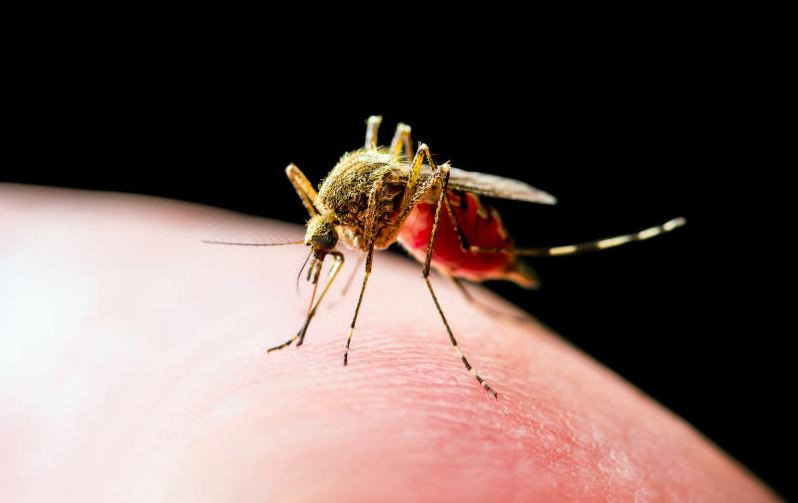KEMRI scientists, in collaboration with the Wellcome Sanger Institute and researchers across 16 African countries, have uncovered how Anopheles funestus, one of Africa’s most efficient and understudied malaria-transmitting mosquitoes, is rapidly evolving in response to malaria control interventions.
In a study published in the prestigious journal Science, scientists uncovered “previously unknown genetic adaptations” in An. funestus populations across the African continent, providing vital new knowledge that could reshape how malaria is fought globally.
This large-scale genetic analysis revealed striking patterns of population structure and insecticide resistance, which could help explain why some malaria interventions work in certain regions and fail in others.
Dr. Eric Ochomo, who led the Kenyan arm of the study, underscored the importance of understanding the genetic make-up of An. funestus saying the new knowledge will support the fight against malaria.
“Understanding the genetic make-up of An. funestus is critical to optimizing the deployment of malaria control strategies. KEMRI is proud to be at the forefront of this effort, generating knowledge that directly supports Kenya’s and Africa’s fight against malaria,” he said.
The study found that An. funestus populations in equatorial Africa are “highly interconnected genetically,” while other populations, such as those in Ghana and Benin, remain more isolated.
According to Dr. Ochomo, this discovery has “major implications for how malaria interventions are designed and deployed.”
The study also identified mutations linked to insecticide resistance which have persisted since the 1960s and intensified over time, highlighting the mosquito’s extraordinary adaptability.
The researchers discovered that a potential gene drive target, previously known only in An. gambiae, another major malaria vector,is present in An. funestus.
This opens the door to using advanced genetic tools like gene drives to suppress or alter mosquito populations and reduce malaria transmission.
KEMRI Acting Director General, Elijah Songok, emphasized the institute’s commitment to advance research and partnerships that deliver practical solutions for Malaria elimination in Kenya, Africa and beyond.
“This is a prime example of how international collaboration anchored in strong African science can yield discoveries with the power to save lives. KEMRI remains committed to advancing research and partnerships that deliver practical solutions for malaria elimination in Kenya, Africa, and beyond,” he said.
Malaria remains one of the leading causes of illness and death in Africa, with the World Health Organization reporting over 569,000 malaria-related deaths in the African region in 2023 alone.
With An. funestus transmitting malaria more efficiently than most other mosquito species due to its long lifespan and preference for human blood, this new knowledge is set to inform more effective strategies for malaria elimination.

